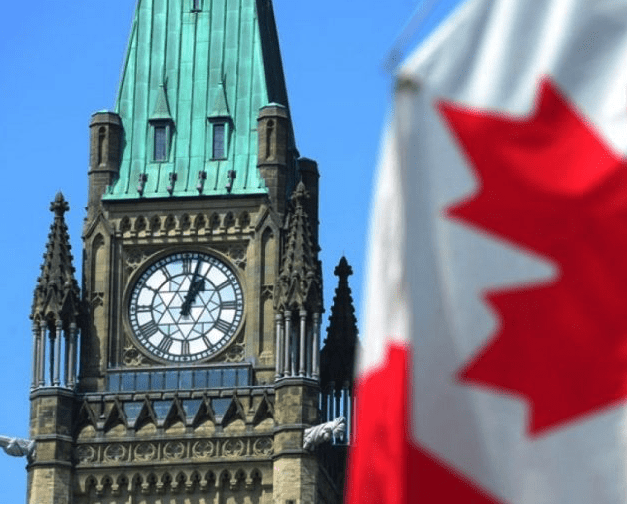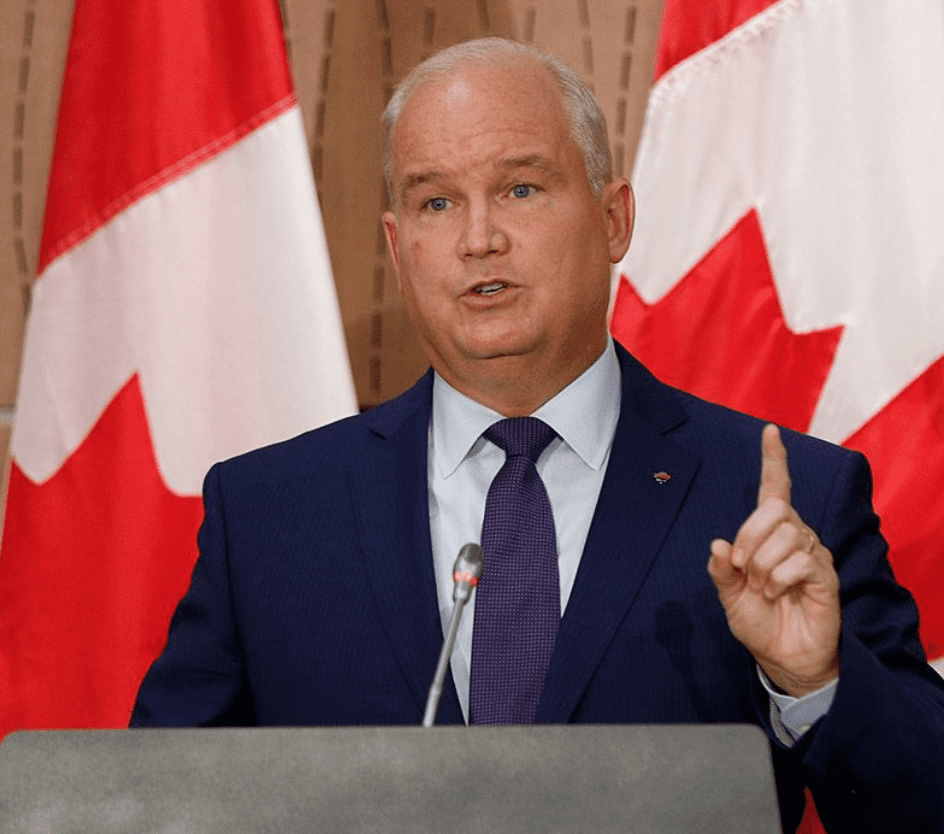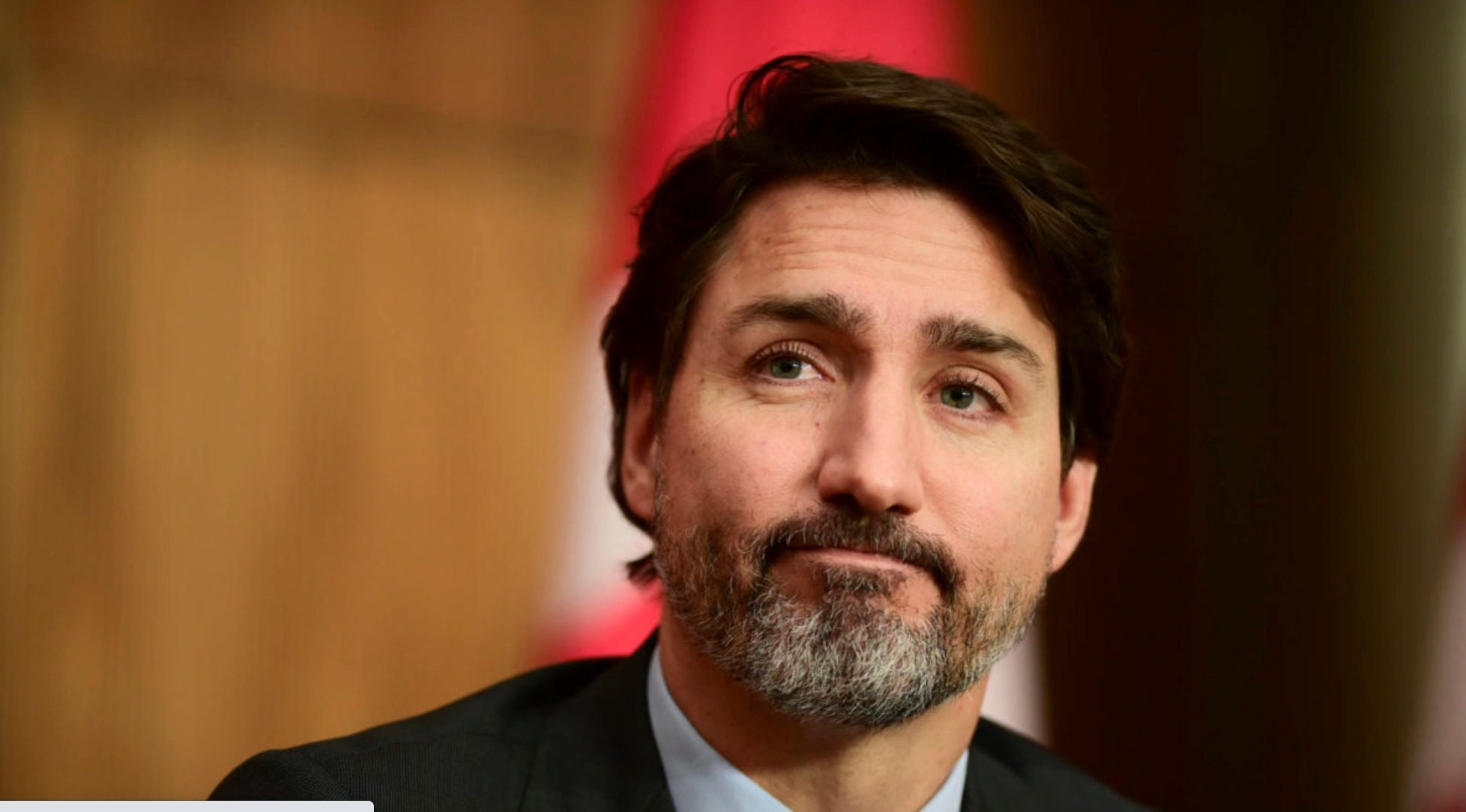A very curious phenomenon has been happening with this particular government, that I can't say that I've seen before a regular stream of abandoned bills littering the Order Paper, sometimes abandoned because the measures were folded into larger bills, but in other cases, because a flaw was identified in the bill, and rather than simply moving an amendment through the usual process, the whole bill gets abandoned and a new one drafted to replace it. The very first bill of the current session was such a case, and with the new business aid package in Bill C-9, which is about to hit the Senate, the government has decided to push it through with an identified flaw and to pass a separate bill to fix it afterward. None of this makes any sense.
To a certain extent, there seems to be a sense that for the past few months, this has to do with the rush with which bills are being rammed through Parliament because of the pandemic. The government has repeatedly abused process to ensure that bills are passed as swiftly as possible, which has meant very little public scrutiny. For much of the pandemic, they would float draft bills past the opposition and get input and make any necessary changes before officially tabling it in the Commons, and then passing it swiftly at all stages, though they may deign to subject the bill to a couple of hours of speechifying as opposed to actual debate or legislative scrutiny. One of those bills was abandoned after agreement couldn't be reached on aspects of it, which was the early attempt at new disability benefits. Those benefits were greatly improved upon in later legislation, but advocates point out how long the measures ended up taking before those benefits flowed (though one should also remember that this was another example of the federal government needing to kludge together an imperfect solution with the limited levers available to them because this is largely an area of provincial jurisdiction).
We also need to point out that there seems to be a real problem with sloppily drafted bills, some of which can be attributed to the haste inherent in the pandemic. One of the emergency bills that was passed, for example, contained sunset clauses in two different parts of the bill, but each were written in completely different manners, and it looked very much like two different drafters each submitted parts of the bill that were then mashed together and nobody went through to ensure any consistency in drafting language throughout and that does seem to be a problem. Mind you, the fact that there were so many Senate amendments passed to bills in the previous parliament, there have been a lot of questions asked about why the process seems to have been less robust for this government's legislation than previous ones (though we cannot ignore that part of this is because this government actually did accept amendments whereas the previous one was not willing to in most cases, and flawed bills passed that needed amendments in future bills as well).
With Bill C-9, and the commercial rent subsidy contained therein, it was only after the bill had passed the House of Commons that it was flagged that there was a flaw therein that businesses needed to have paid the rent before they could be reimbursed, which didn't help businesses who are having liquidity issues and who don't have the money to pay it in order to get it refunded. Of course, when Erin O'Toole started tweeting about this and demanding changes, it was a bit of a self-own because you would think that the official opposition would have actually studied the bill and flagged issues in it especially as this was a bill that was actually going through something that resembled a proper legislative process rather than being rammed through in one fell swoop as with previous emergency bills. Mind you, Pierre Poilievre, the finance critic, spent Chrystia Freeland's Committee of the Whole appearance to needle her about the deficit and debt, as well as the Bank of Canada's operations which are independent from government rather than the bill itself, so that shouldn't be too surprising. None of the other opposition parties were any better, using their questions to go after their particular pet grievances rather than studying the gods damned legislation, like it's their gods damned job to do.
Which brings us to where we are now. A problem has been identified after the bill passed third reading and has been sent to the Senate. Because Parliament is not sitting this week, the Senate opted to do a sort of "pre-study" of the bill even though an actual pre-study would be done before the bill passed the Commons so that amendments could be forwarded to the Commons committee and implemented then. Regardless, it should be simple enough for the Senate to deal with an amendment, particularly if the government forwards it by way of the Government Leader or whichever senator is sponsoring the bill. But no.
"We have an interim solution to ensure that rent payable is an eligible expense from day one," Freeland told senators at the Senate's national finance committee. "After C-9 is passed…we will publish and swiftly introduce legislation to formalize rent payable as an eligible expense. Given that this is our clear and publicly stated intention, we are confident that the Canada Revenue Agency will consider rent payable as an eligible expense from the moment the new rent program is launched there will be no delay."
It's nonsense, and this doesn't make it go any faster than the Senate passing the bill as amended, and sending it back to the Commons for approval, which can be done in an afternoon, just before Royal Assent. I am starting to wonder about the quality of procedural advice that this government is receiving, and whether they have simply started to make it up as they go along. If that's the case, then we are in serious trouble as a country who is supposed to have a grown-up parliament, especially if the opposition can't be bothered do their jobs either.
Photo Credit: CBC News












